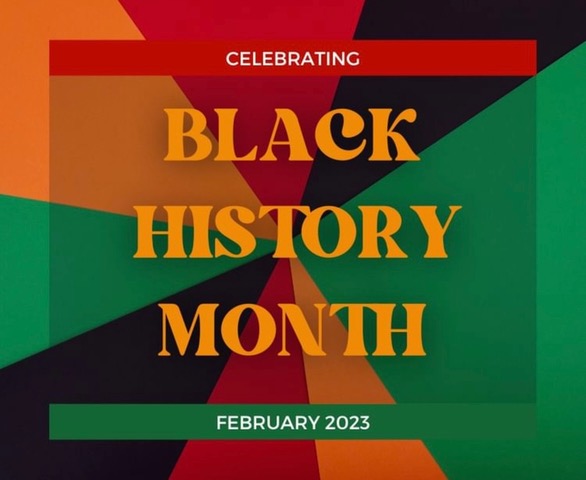February marks Black History Month, a tradition that started in the Jim Crow era and was officially recognized in 1976 as part of the nation’s bicentennial celebrations. It aims to honor African Americans’ contributions to recognizing their sacrifices. Did you know it is observed in Canada (in February) and Ireland and the United Kingdom in October?
Black History Month honors the struggles and triumphs of millions of Black American citizens over the most devastating obstacles – slavery, prejudice, poverty, and police abuse.
Black History Month Trivia
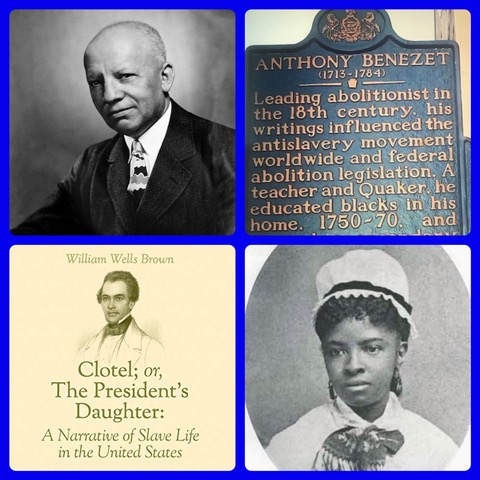
Harvard-educated historian and author Dr. Carter G. Woodson is credited with creating Black History Month. He was inspired after attending a 50th-anniversary celebration of the 13th Amendment, where various exhibits portrayed events in African-American culture. With a mission to amplify Black people’s contributions and achievements, Woodson went on to create what is known as the Association for the Study of Afro–American Life and History (ASALH). In 1926, Woodson and ASALH declared the second week of February, which aligned with Abraham Lincoln’s and Frederick Douglass’ birthdays (February 12th and 14th), to be “Negro History Week.’
William Tucker, son of indentured servants from Great Britain, was the first recorded African child to be born in the colonies in 1624.
Vermont was the first colony to ban slavery in 1777.
In the 1770’s, a Quaker named Anthony Benezet created the first school for African American children.
Between 1810-1850, an estimated 100,000 slaves used the Underground Railroad to escape to the North.
William Wells Brown’s novel, Clotel; or The President’s Daughter, is the first written by an African American to be published in 1853.
In 1864, Rebecca Lee Crumpler graduated from the New England Female Medical College, to become the first Black woman to receive a medical degree in the U.S.
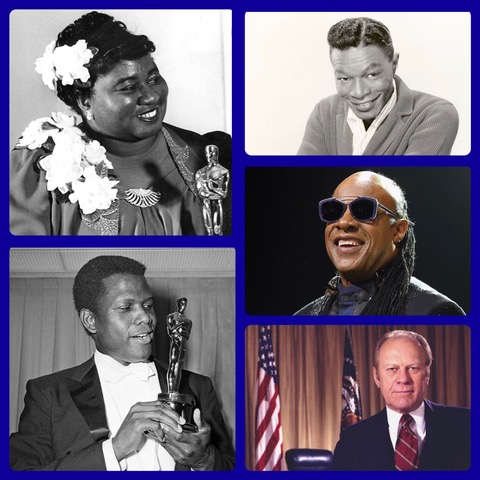
Hattie McDaniel became the first Black person to win an Oscar for her supporting role in Gone With the Wind in 1940. Sidney Poiter was the first Black man to win, 24 years later, for his leading role in Lilies of the Field.
Nat King Cole was the first African American to host a TV show when The Nat King Cole Show debuted on NBC in 1956.
In 1973, Stevie Wonder was the first Black artist to win a Grammy for Album of the Year for Innervisions.
In 1976, President Gerald Ford declared February to be “Black History Month,” and Congress passed a law in 1986 to solidify it.
Ways to Celebrate Black History Month…
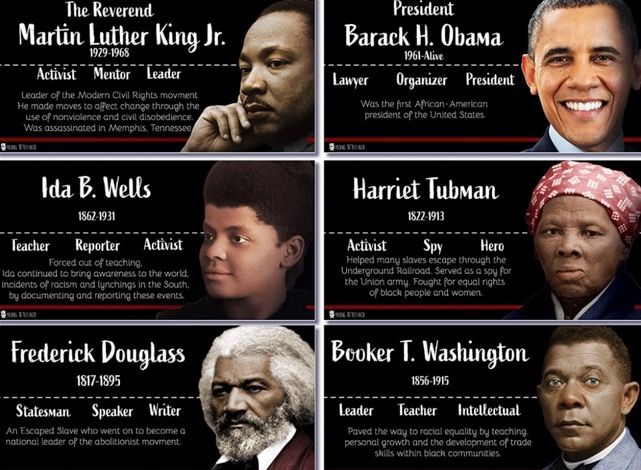

Teach children and teens about noteworthy Black figures and Black inventors and their contributions.
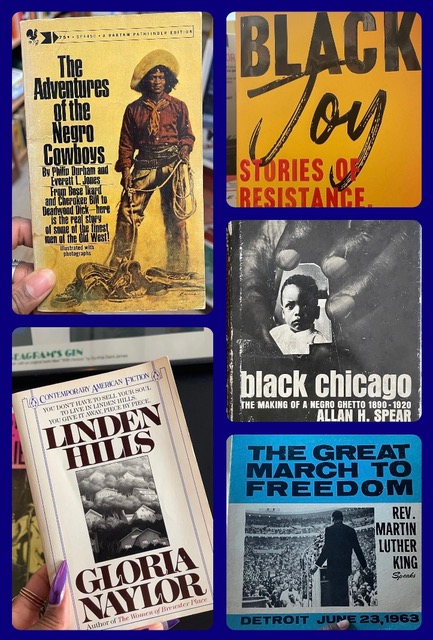
Purchase, read, and share books by Black Authors.

Read or watch “The 1619 Project.”
The March on Washington…
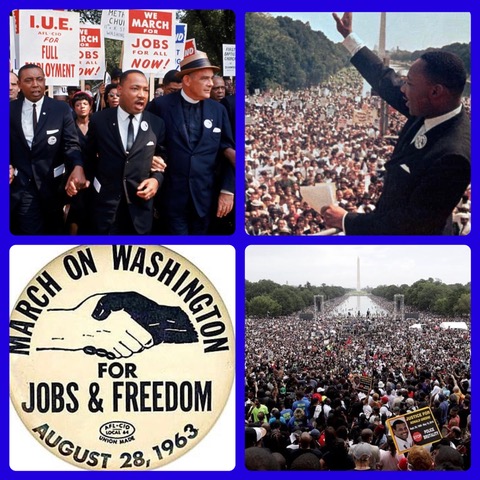
On August 28, 1968, some 250,000 people both Black and White participated in The March on Washington for Jobs and Freedom, the largest demonstration in the history of the nation’s capital and the most significant display of civil rights movement’s growing strength.
The Colors of Black History Month

Ever wonder why the colors red, black, green, yellow and green are associated with the celebration of Black History Month?
The origins can be traced back to the early twentieth century Pan-Africanism and the Ethiopian national flag. The colors are not just beautiful, but symbolize so much more.
• Black, which represents resilience
• Red, which is meant to symbolize the blood of innocent Black lives shed throughout history
• Yellow, which is meant to convey optimism, justice, and equality
• Green, which is used to symbolize Africa’s rich greenery and other natural resources

Black History Month is a time to spotlight the full spectrum of being Black and living in America, despite the racism and oppression Black people face every day. Just as we take time to celebrate other cultures (St. Patrick’s Day or Cinco De Mayo), other cultures should take the time out to learn and take part of our ancestral history.
When President Gerald Ford expanded Negro History Week into a full month in 1976, he said the country needed to “seize the opportunity to honor that too-often neglected accomplishments of Black Americans in every endeavor throughout our history.” Nearly half a century later this statement still holds true.
Black History Month celebrates and puts our achievements into the proper context. The media needs to stop showcasing the negatives of the Black community. We are more than drugs, incarceration, lack of education and poverty.
Celebrate Black History Month every day and continue to rewrite our rich Black narrative.


